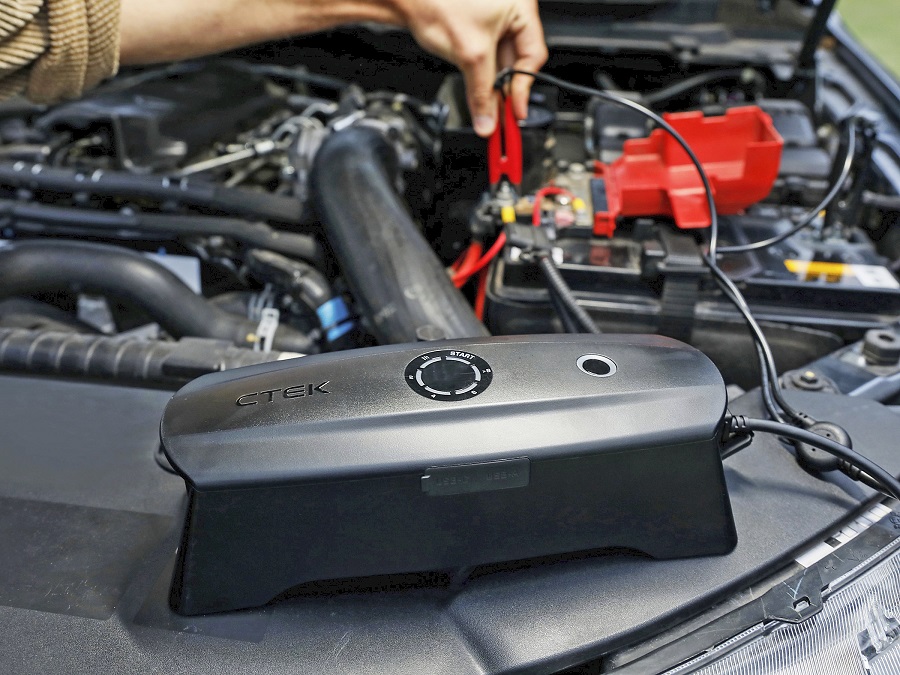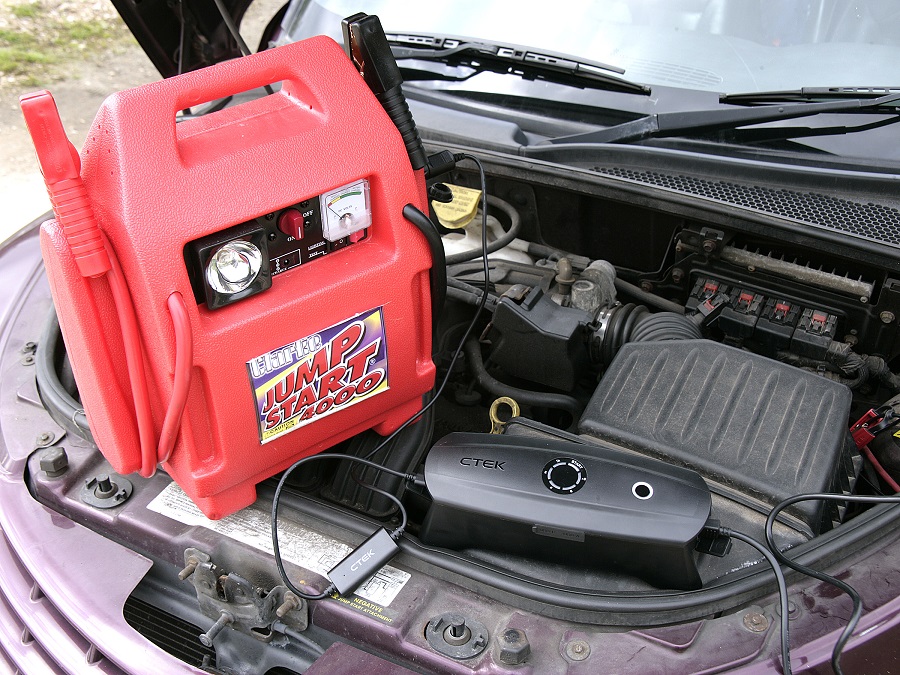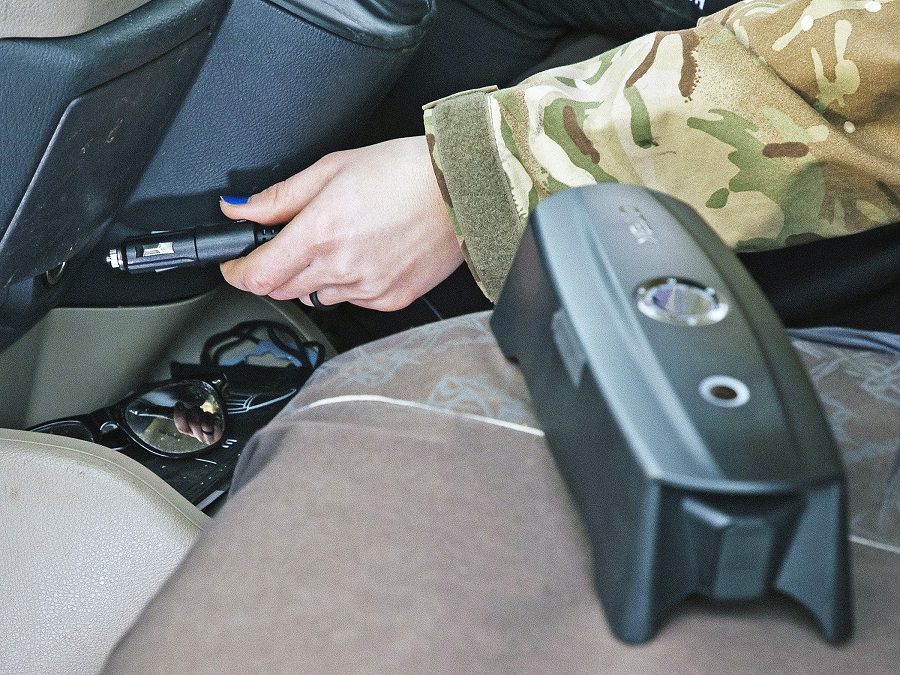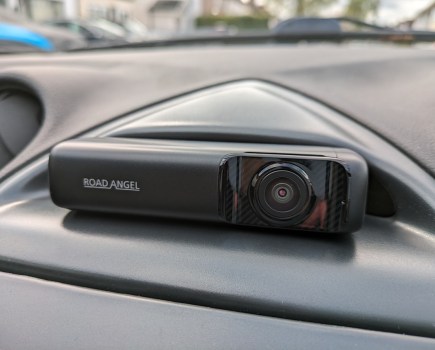Tech fans, it seems, hate cables. And who can blame them – they just get in the way. Whether it’s drills, lamps, vacuum cleaners, lawn mowers, or even earphones, cordless is the here-and-now, and power leads are as last century as leaf springs. But to people ‘of a certain age’, cordless isn’t perceived so favorably. Cordless means battery powered, compromised usage periods, and the faff of regular charging. So, to test whether the new school or old school train of thought comes out on top, we decided to get hands-on with one of the new-age options for a car battery: the CTEK CSFree Battery Charger.
Now, first and foremost, you might wonder why a car battery charger in particular is a device that needs to go cordless. And ultimately, it just comes down to convenience. Everybody needs to charge their car’s battery at some point, but many folks live in flats, terraces, or have hobby cars & modifieds sitting in lock-ups. In those circumstances, on-car charging has never been possible because there’s no way of powering a mains charger. So, by going cordless, CTEK is bringing power to the people. Literally!
RRP: $446, buy now. £319.99, buy now.

CTEK CSFree Battery Charger Specs & Review
The CTEK CSFree battery charger has an RRP of $445.21 in the US, and an almost equally eye-watering recommended price of £320 in the UK. So, straight out the gate, it’s not cheap. However, it does pack a lot of tech, and a lot of flexibility, for the cash. For a start, it delivers the proven CTEK multi-stage charging cycle from either the mains or its 5.5Ah internal lithium battery. What’s more, the unit handles all battery technologies, including lithium, and also doubles as a USB charger for gadgets.
The 5.5Ah reserve obviously won’t fully charge a flat car battery or give more than a few days of maintenance charging. But the unit’s Adaptive Boost cycle squeezes that reserve into a flat battery fast. When the ‘Start’ light comes on, typically after 10-15 minutes, the engine should start – making the CSFree an ultra-safe, if slightly slower, alternative to a booster too.
Connect the CSFree to a leisure battery, booster, or any 10-25 volts DC source (using a CTEK USB C-charge cable – available, for around $45 or £30) and mains-free full battery charges, or potentially weeks of maintenance charging, become possible.
Further Tips & Conclusion
CTEK’s Solar Panel Charge Kit takes maintenance charging to the extreme. At $411 or £272 it’s certainly pricey, but don’t confuse it with cheap panels that connect directly to the battery. Having the CSFree in the middle, electrically, means both the panel and the charger work at optimal voltages – maximizing energy capture and storage.
If regular short stop-start journeys drag your battery down over time, the CSFree and a USB C-charge lead could be the answer. Alternators charge car batteries gently and slowly. However, the CSFree’s voltage manipulation and lithium battery can drag out plenty of energy rapidly during a drive (a full charge takes just an hour). Connect the charger to the battery, after the journey, and all that captured energy will transfer into it.
Overall, we think the CSFree is an interesting and practical product. But price will be a barrier for many. Especially as so many popular CTEK features are missing. Such as the convenient Comfort Connector, which permanently attaches to a car’s battery so that you can simply “plug in” the charger. CTEK’s Recond mode, infamous for resurrecting many a poorly battery, is also absent. Odd, when both are included with the firm’s considerably cheaper MXS 5.0 at $120/£90!
Words by James Stanbury.









